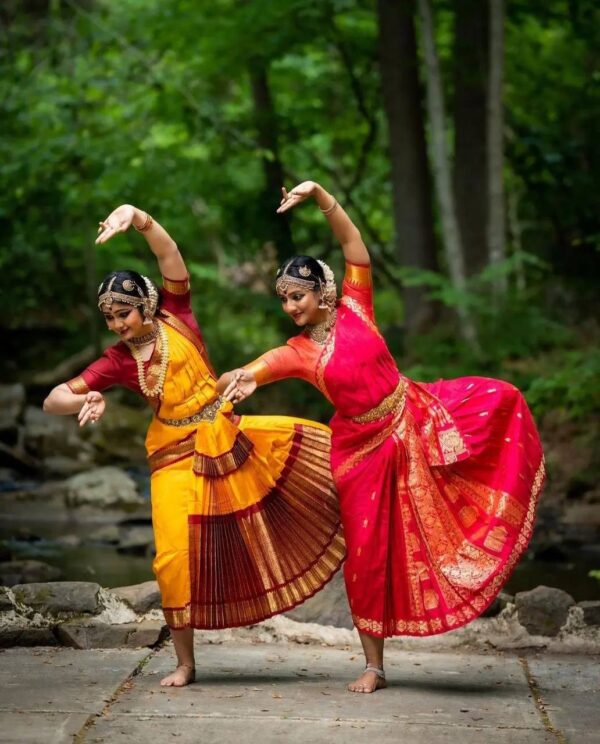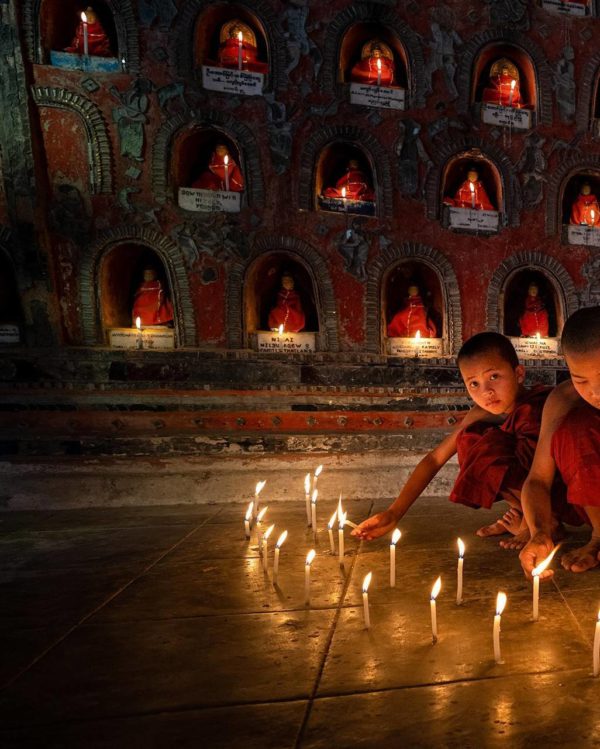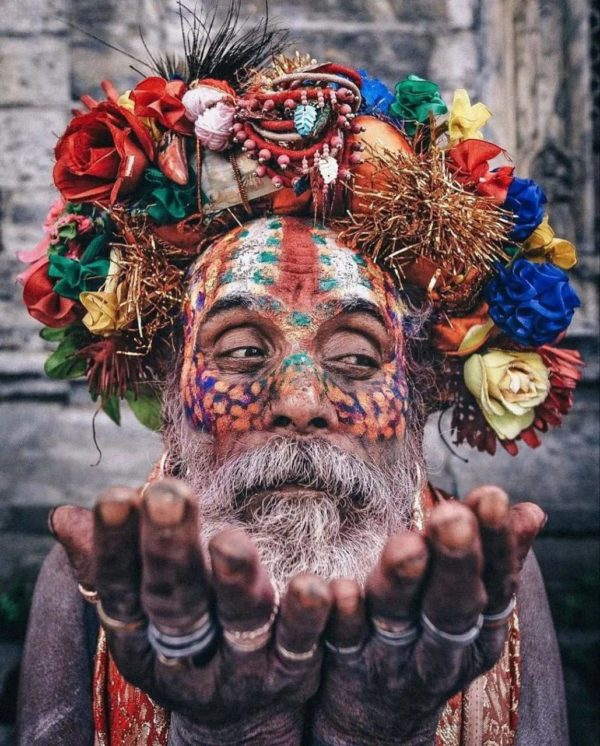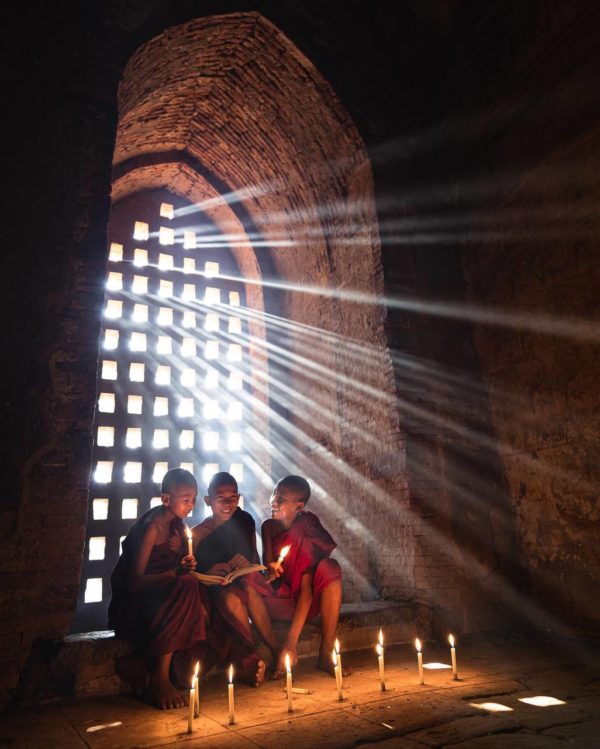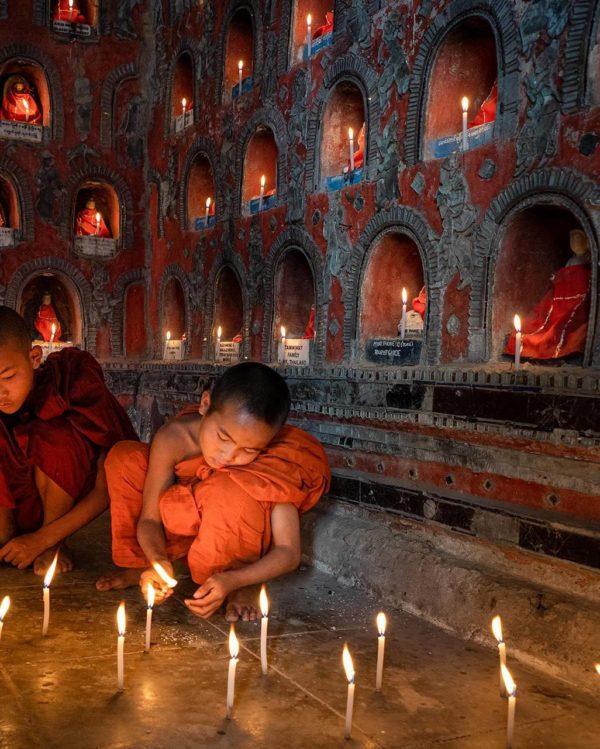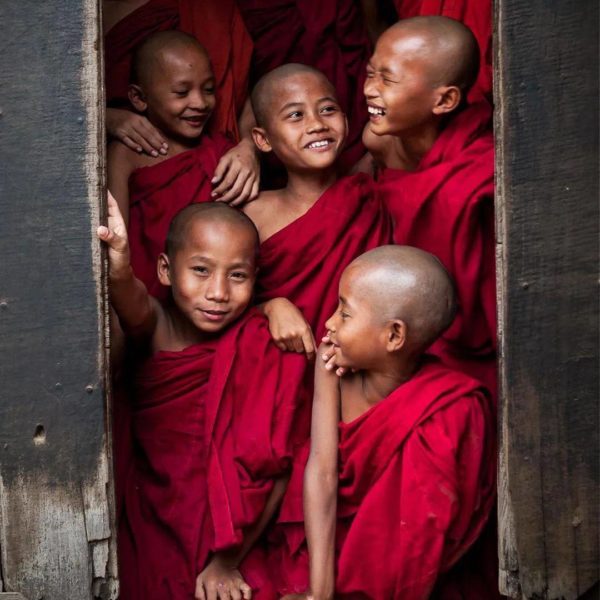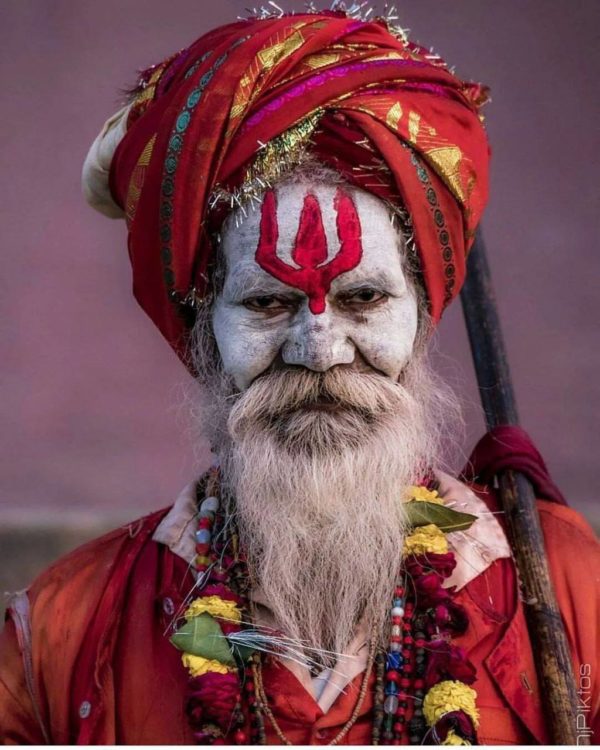Find Peace and Harmony for the Soul , Ashram of Embracing Amma
“Find Peace and Harmony for the Soul at the Ashram of Embracing Amma ”
Amritapuri, Kerala, India
Who is Amma ?
A living Indian saint, a Hindu spiritual leader.
About the tour:
Amritanandamayi — in Sanskrit, this name means “Mother of Supreme Bliss.” Amma is often called “the hugging saint” or “the hugging mother” because she is known for embracing people. Through this unusual form — without words — she transmits her shaktipat (spiritual blessing). Throughout her life, Amma has hugged more than 30 million people, sometimes over 50,000 in a single day! She comforts thousands of her followers with warm words, darshan, and support, which is why many travel to her main Ashram — Amritapuri.
Amma says that her core principle in approaching people is not verbal communication, but direct interaction through the energy of love. Her darshan begins in the morning and continues deep into the night. She jokes, comforts, and always hugs and kisses everyone who comes to meet her.
Amma pays attention to every single person, no matter how many people come. No one’s sorrow is ignored. And many already know how her love and kindness ease suffering.
Sometimes she speaks with someone, other times she simply looks deeply into their eyes, and it feels like the person dissolves in the overwhelming emotions. This event — meeting the Divine Mother — many believe, completely changes the direction of a person’s life.
Darshan
Darshan is one of the most important events in the ashram — it’s the main reason we are traveling to Amritapuri. Almost every day, Amma gives darshan: tirelessly hugging people from morning until late at night, offering comforting or uplifting words, and answering heartfelt questions.
There is also a unique opportunity — to write Amma a letter, which should be given to one of the Swamis (monks) near her during darshan.
In the letter, you can express a wide range of requests. It is believed that Amma knows the contents of the letter just by touching it, and in her grace, she is capable of supporting your desires. Still, for clarity, you can write your requests in English — the Swamis may read them aloud. If you have a specific question, you can write it on a small note, hand it to a Swami, and it may be passed directly to Amma, giving you a chance to receive an answer right then and there.
Mantra
During darshan, you may also ask Amma for a personal mantra.
A mantra received from a spiritual teacher holds special power. These Teachers are enlightened souls, united with the Divine. Any word they speak carries immense force.
By giving a mantra during initiation, such a Great Soul shares a piece of their spiritual energy, giving you the impulse to awaken the divine spark within.
To receive a personal mantra during darshan, simply say: “Amma, mantra!” A nearby Swami will give you a card with further instructions.
Spiritual Name
Many people who walk the spiritual path choose to take a spiritual name. It is believed to help let go of the past and symbolizes a new beginning.
A spiritual name strengthens and accelerates your progress toward your highest purpose. It challenges you to live in higher consciousness and awareness and blesses your journey toward your divine identity. Choosing to receive and use a spiritual name is like being reborn in awareness.
Your sacred name is one of the first steps toward breaking old patterns, embracing a new path, and connecting to your spiritual essence.
To receive a spiritual name during darshan, simply ask Amma. However, making the request doesn’t guarantee you’ll get a name immediately — everything happens at the most divinely perfect time for you. Just express your intention to Amma, and everything else will unfold in the best way.
Ashram Guidelines
Most people on the ashram grounds wear white clothing, as this color is considered spiritually favorable — unlike black. While other colors are not forbidden, white looks the most natural here. Orange is also common — it’s the color of sannyasa, the path of renunciation and spiritual dedication in India.
Visitors to the ashram receive a guidebook with rules to follow during their stay:
-
Modest dress is required: no shorts or short sleeves. Arms and legs must be covered in clean, loose-fitting clothes.
-
Public displays of affection — kissing, holding hands, hugging — are discouraged under Indian tradition. Sex is prohibited in the ashram, and celibacy is considered an important aspect of spiritual practice.
-
The use of alcohol, cigarettes, and drugs is forbidden not just in the ashram, but also outside while you’re a registered resident.
-
Silence is encouraged to avoid disturbing others.
-
After sunset, visitors are not allowed to go to the beach or tea stalls. Swimming is considered inappropriate. Bathing is permitted only in traditional Indian swimwear.
Meals in the Ashram
The cost of staying in the ashram includes three meals a day.
The food is very simple — usually rice and dal (lentil soup).
Accommodation is ascetic, in a private room.
Additionally, there are three cafés on the ashram grounds where you can purchase other food:
-
One offers Indian cuisine
-
Two offer Western cuisine
-
There’s also a fruit bar open during the day, offering fresh juices, milkshakes, fruits, and ice cream.
Arrival at the Ashram: May 6
Departure: May 10
Not Included:
-
Expenses such as:
-
Food at the Indian/Western cafés
-
Vedic astrology consultations
-
Yoga classes
-
Laundry services
-
Other personal expenses
-
-
Transfer to/from the hotel or airport
Tour program:
Weekly Schedule of Events with Amma
-
Monday & Friday – Meditation with Amma on the beach, Bhajan singing
-
Wednesday, Thursday, Saturday & Sunday – Darshan with Amma
-
Tuesday – Morning meditation with Amma, satsang, distribution of prasad by Amma (receiving food directly from the Guru is considered a great blessing)
More About the Ashram Activities
Archana (chanting of mantras)
5:00 – 6:00
Meditation on the Ocean Shore
6:30 – 7:30
Breakfast
8:30 – 10:30
Seva (selfless service)
10:00 – 13:00
Start of Darshan (until evening)
11:00
Lunch
12:30 – 14:30
Evening Meditation on the Beach
17:00 – 18:00
Bhajans (devotional singing)
18:30 – 20:00
Dinner
20:15 – 21:00
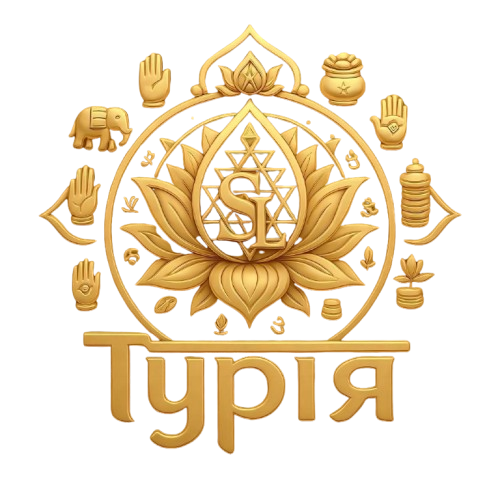

 Українська
Українська Русский
Русский